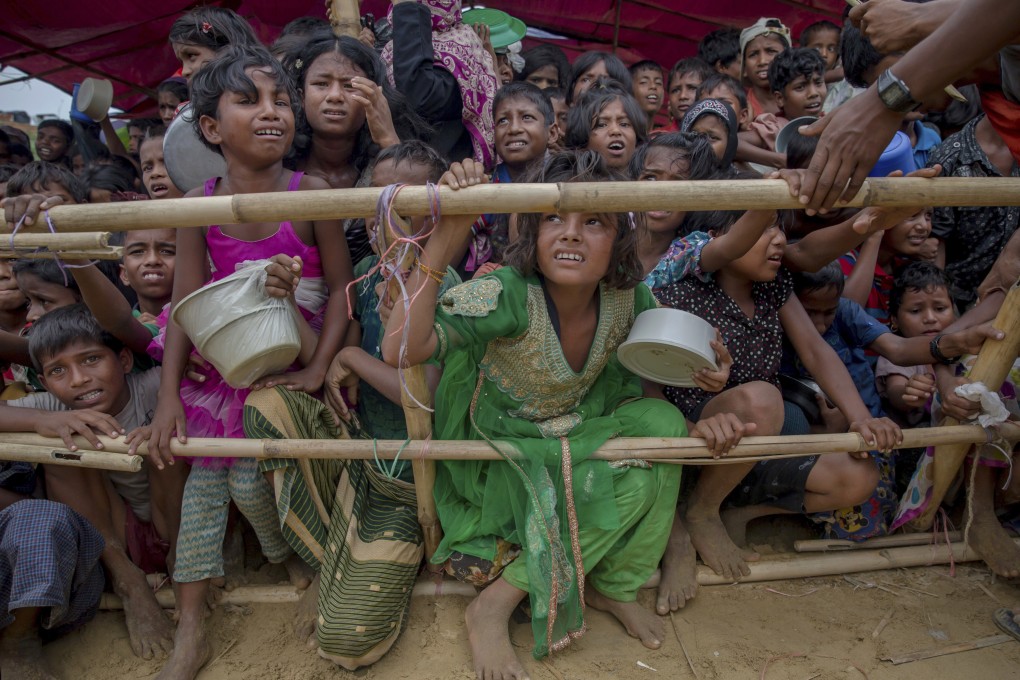Bangladesh seeks China’s help on Rohingya refugees’ repatriation: ‘we need the situation to come to an end’
- Beijing has used its influence in Myanmar to broker a repatriation agreement before, but the Rohingya refugees previously refused to return
- Chinese Foreign Minister Wang Yi’s visit to Dhaka on Sunday mostly focused on better trade ties, investment and support for infrastructure development

Wang arrived in Dhaka on Saturday evening and met Prime Minister Sheikh Hasina and Foreign Minister A.K. Abdul Momen. They discussed bilateral and global issues before his departure on Sunday morning, said Shahriar Alam, Bangladesh’s junior minister for foreign affairs.
Amid recent cross-strait tensions, Bangladesh issued a statement reiterating its support for the “one-China” policy. After winning elections in 2008, Hasina’s administration closed the Taiwanese business representative office in Dhaka in response to a request from Beijing, and since then China has increased its engagement in Bangladesh.
Bangladesh’s garment industry, which brings in more than 80 per cent of foreign currency from exports, is heavily dependent on China for raw materials.
